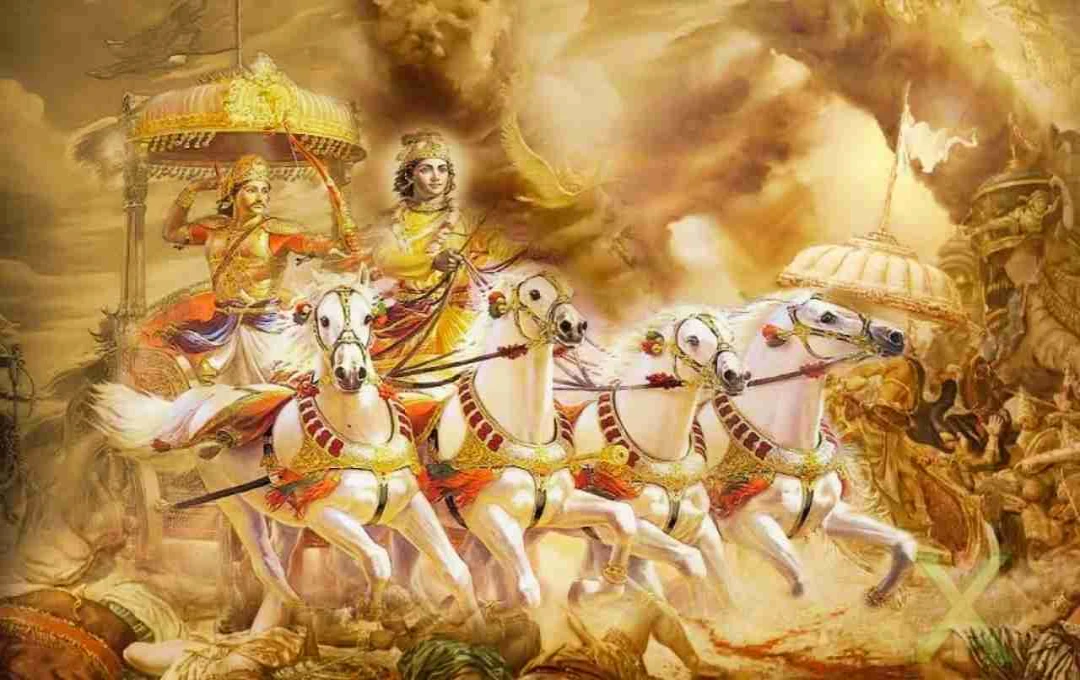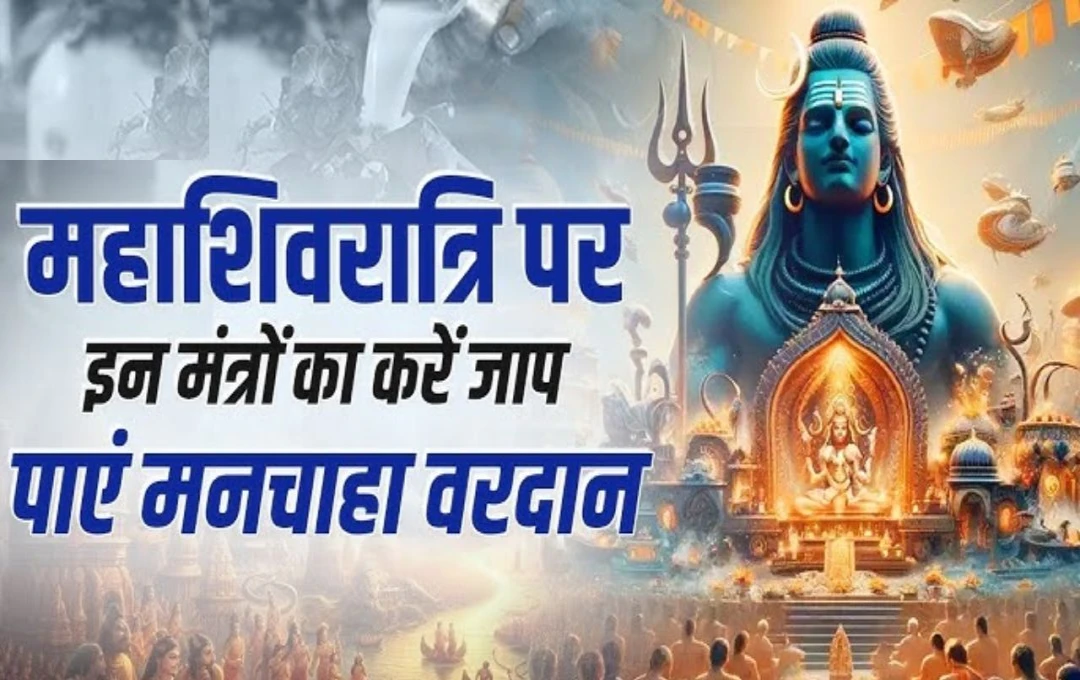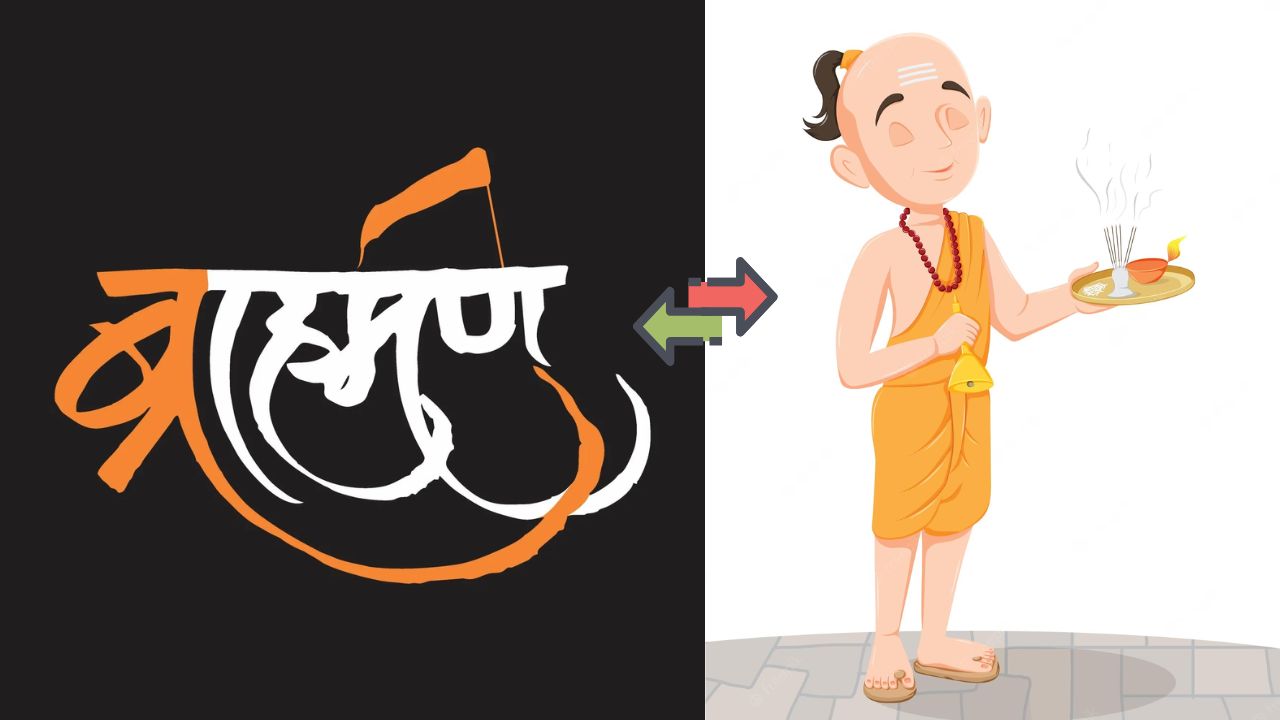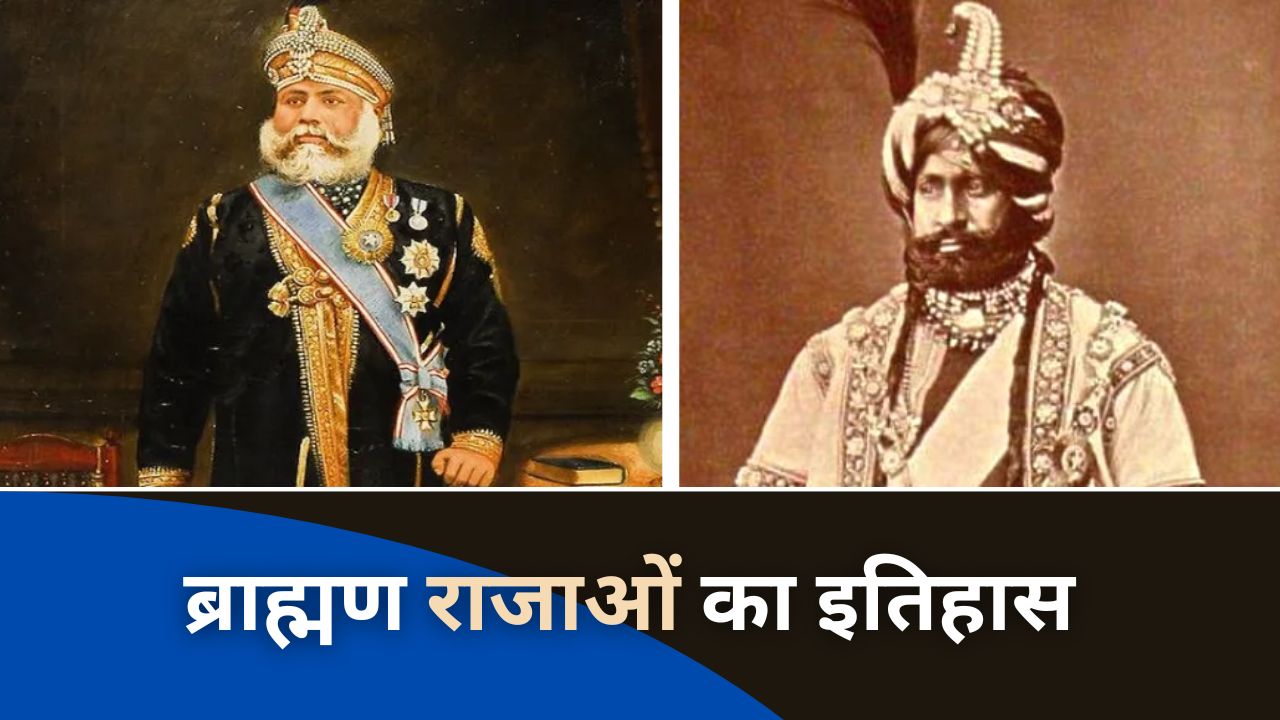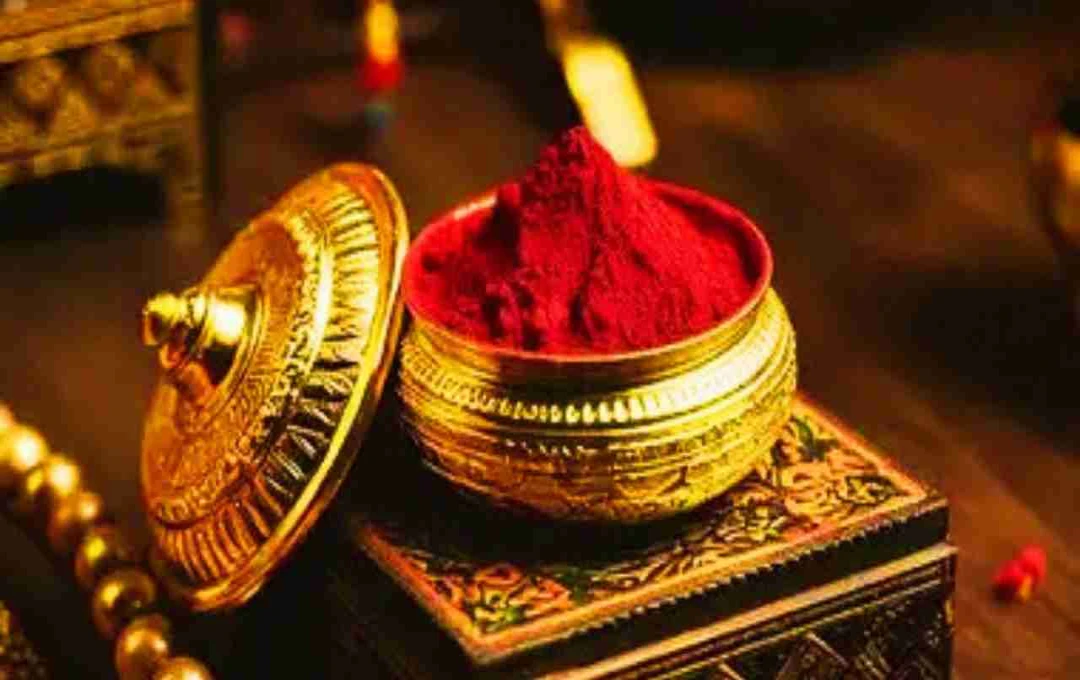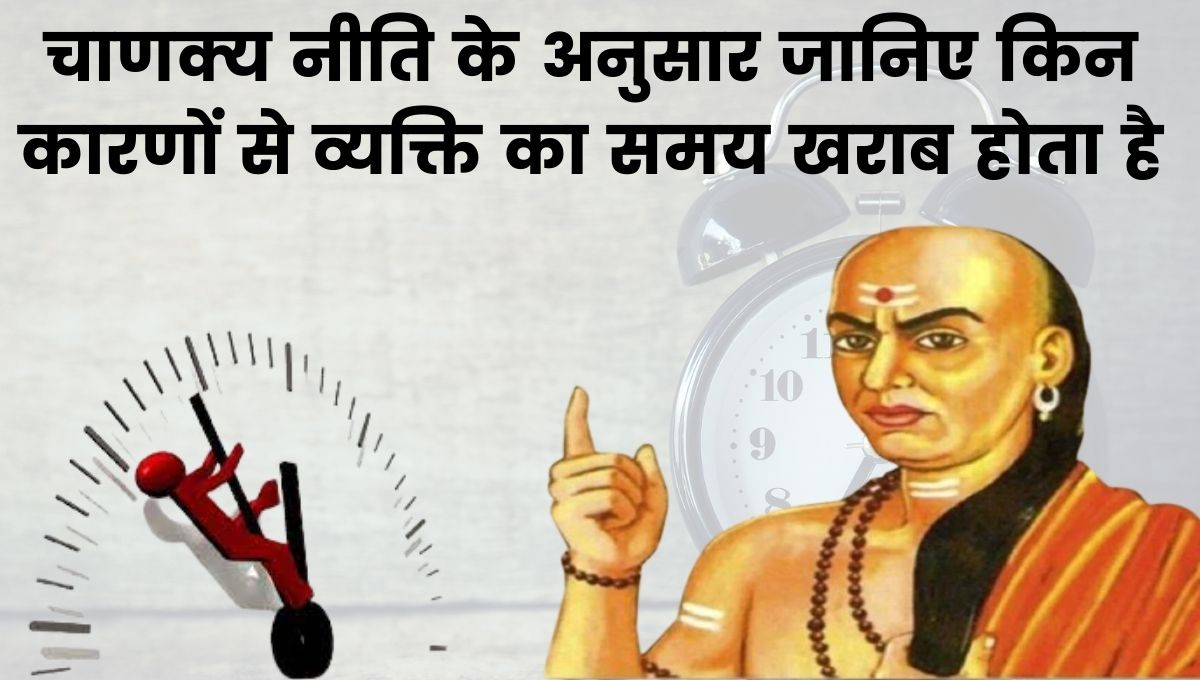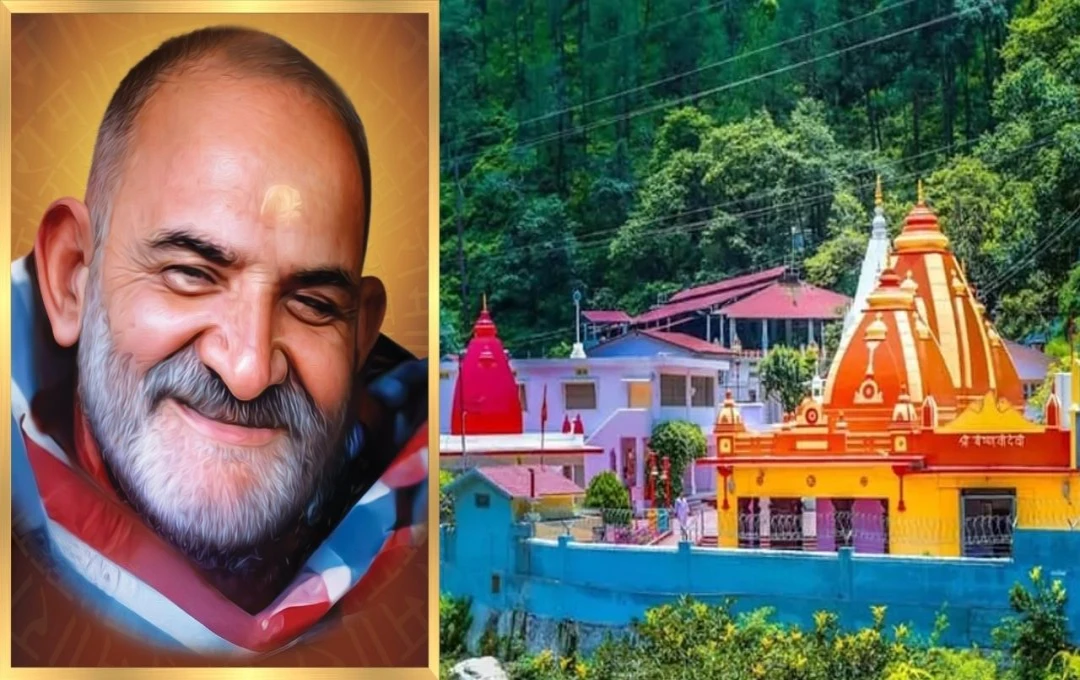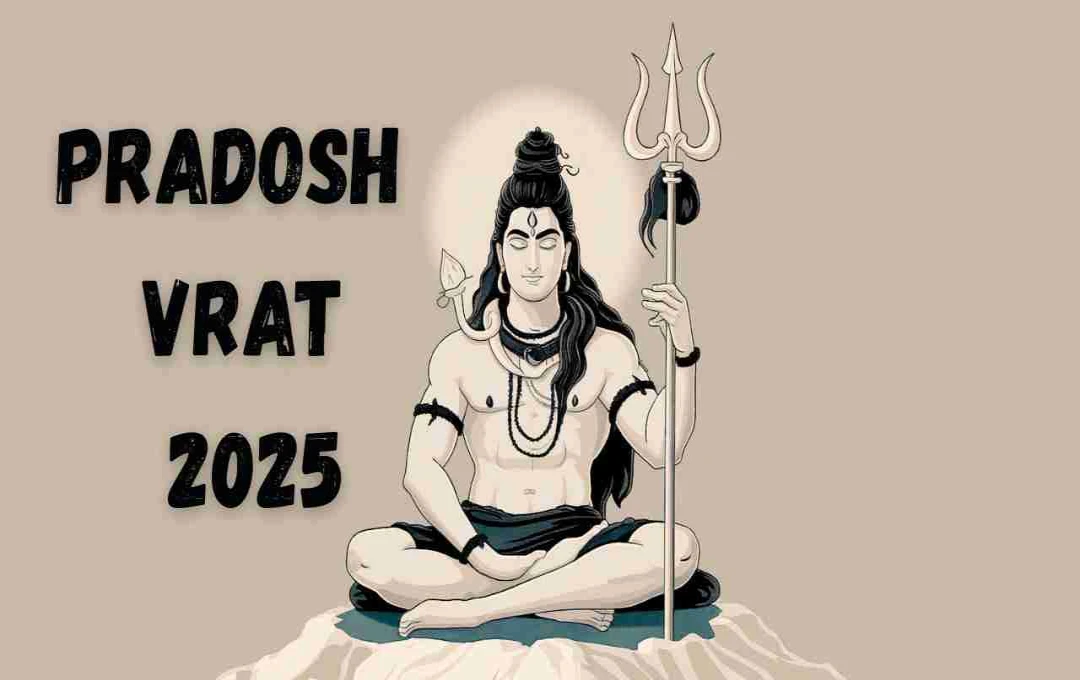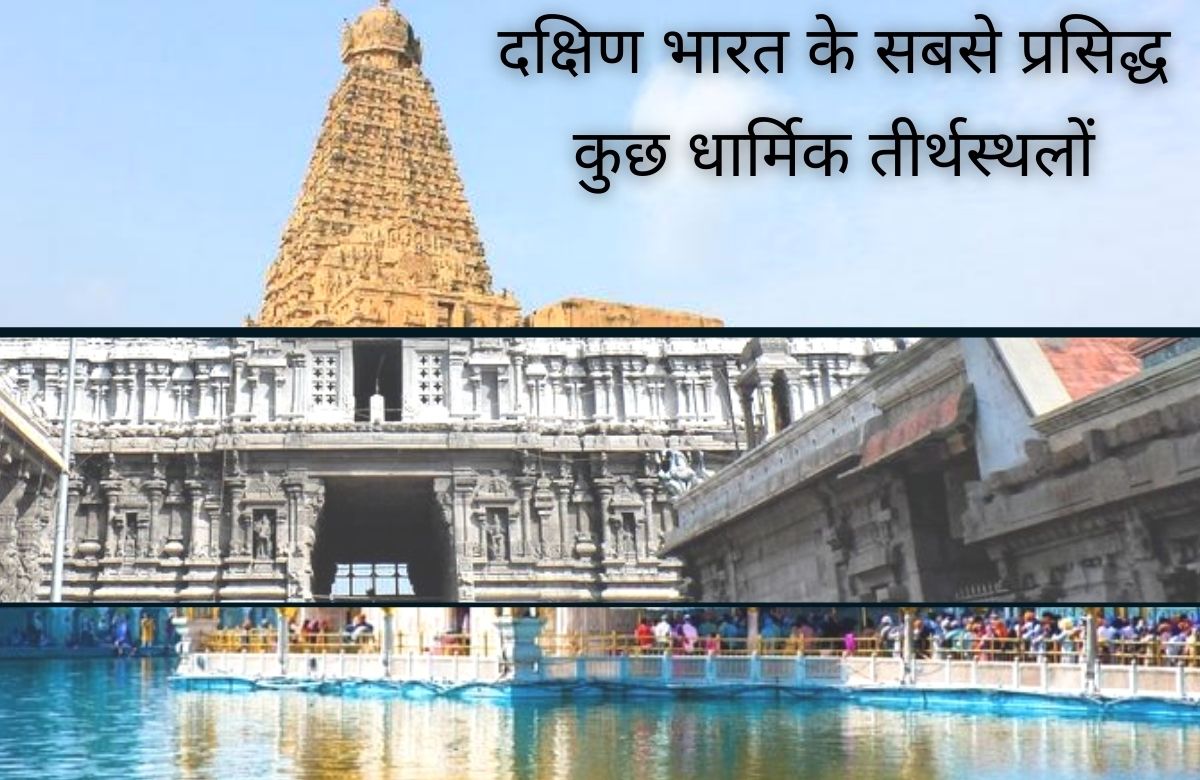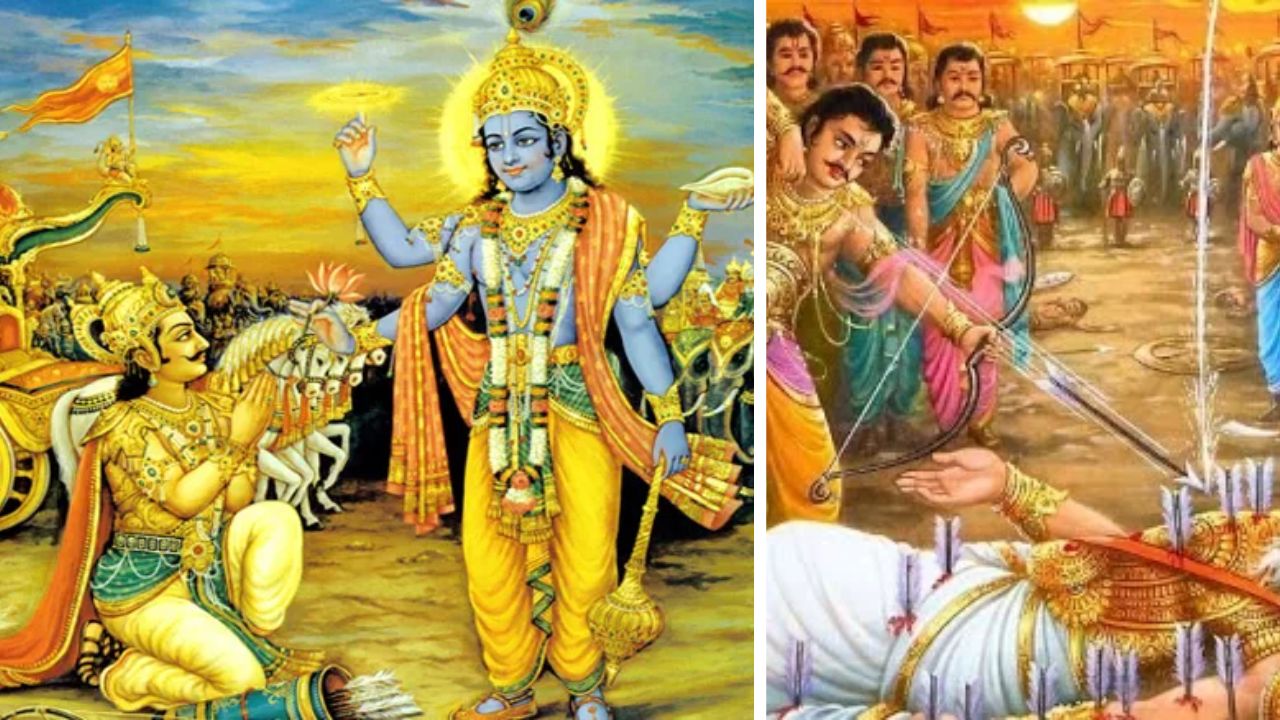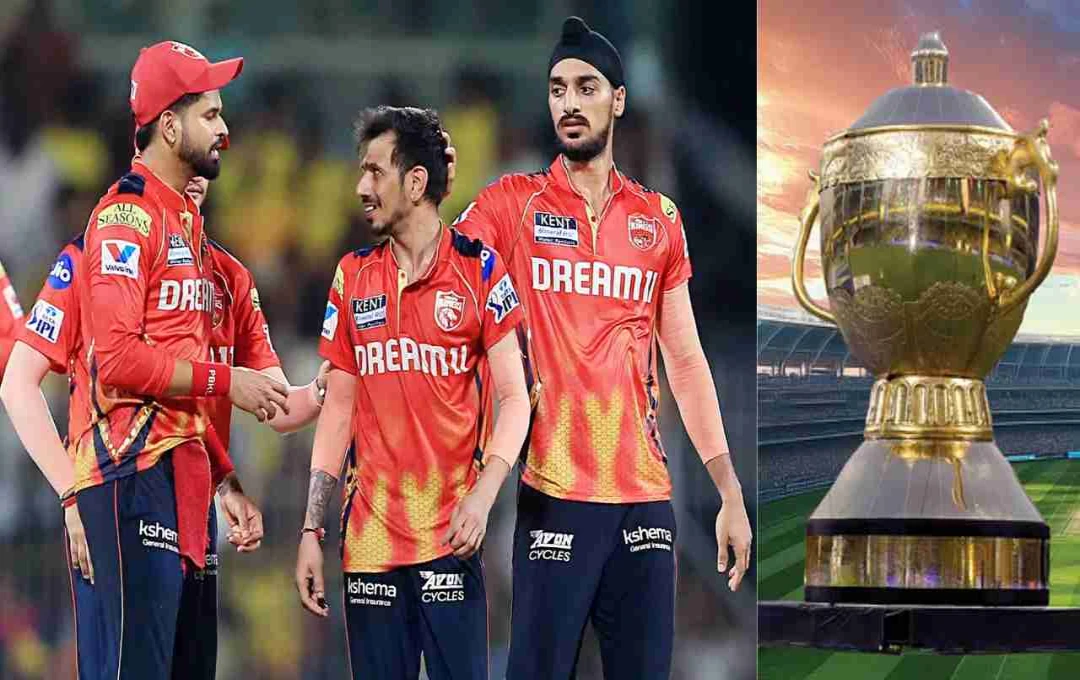The Mahabharata war was as vast and destructive as it was enigmatic. Whenever you examine the role of Lord Krishna in this war, you will always see him as a charioteer – never as a warrior. The question arises: why did Lord Krishna not fight himself? Why did he refuse to take up arms, being the complete incarnation of Purushottama Vishnu? Why did he merely guide Arjuna by being his charioteer?
Krishna's Vow: 'I will not fight'
Before the Mahabharata war began, when both sides – the Pandavas and the Kauravas – approached Lord Krishna for assistance, Krishna laid down a very clear condition. He said, 'I will not wield any weapon in this war, nor will I fight anyone. I have two options – one, my Narayani Sena (army), and the other, myself, but without fighting. Whichever you choose, you may select.'
Duryodhana chose Krishna's vast army, while Arjuna chose Lord Krishna himself – even though he wouldn't fight, his presence was the greatest strength for Arjuna.
Krishna served as Arjuna's charioteer and, without lifting a weapon, taught Arjuna the entire war strategy and tactics. He imparted the knowledge of the Gita to Arjuna, showing him the right path of dharma (righteousness), duty, and life. In this way, although Krishna did not fight, he made Arjuna victorious.
The Story of Nara and Narayana – The Secret of Arjuna and Krishna's Past Lives
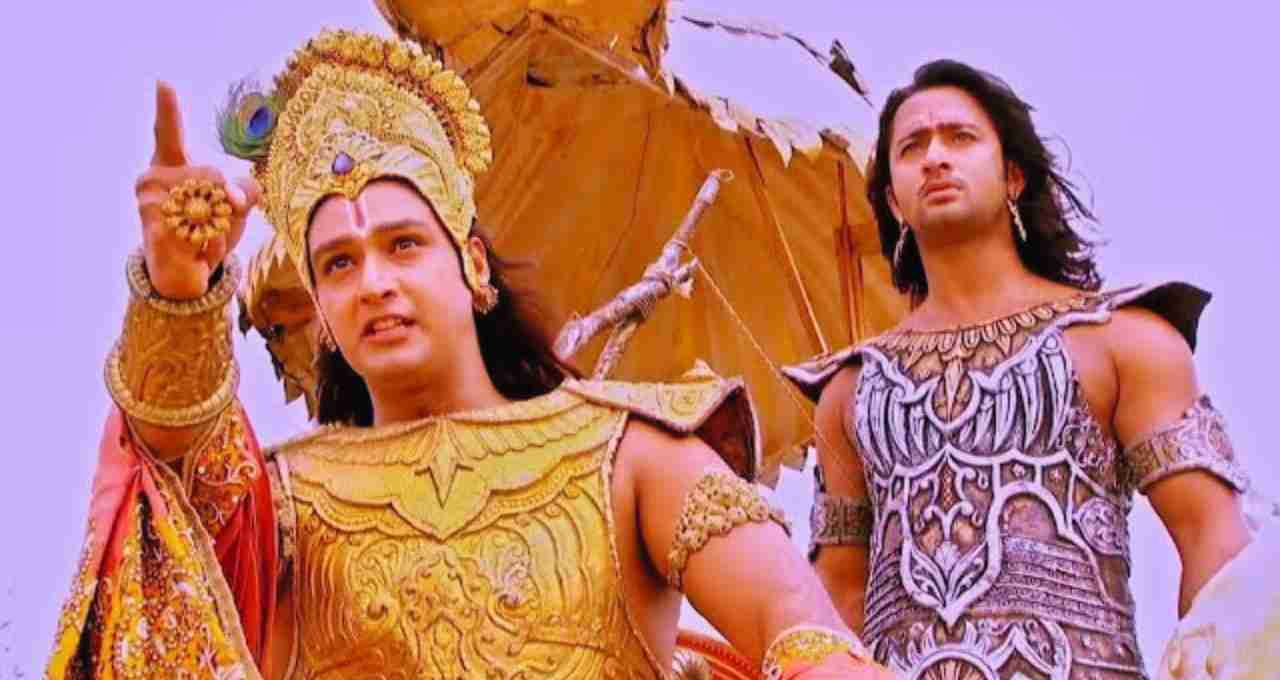
The relationship between Krishna and Arjuna was not limited to the Mahabharata; it is also connected to their past lives. According to mythological accounts, they were born as Nara and Narayana. They performed severe penance in Badrinath and are considered incarnations of Lord Vishnu. Their objective was to protect dharma and destroy the wicked. At that time, there was a powerful demon, Dambodhava, who, through rigorous penance to Suryadev (the Sun God), had obtained the boon of 1000 armors. The condition was that whoever broke one of his armors would have to perform penance for 1000 years and would attain death. This boon made him arrogant, and he began to harass the Devas (gods).
Nara and Narayana confronted the demon and, in turn, performed penance and broke 999 armors. After each armor, one performed penance while the other fought. But when only the final armor remained, Dambodhava, terrified, sought refuge with Suryadev. Since Gods are bound by their word, Suryadev granted him refuge. Later, the same demon was born as Karna, and Arjuna had to be born to slay him. Krishna knew this, so he said that this war was Arjuna's – he would only be a guide, not a warrior.
Therefore, Krishna Said – 'This War is Yours, Arjuna'
When the arrogant Dambodhava demon, through penance of a thousand years, obtained many boons, he protected his body with a thousand armors. The Devas planned to end him, and he was born on Earth as Karna. But the one who would break his last armor had to be someone who had also performed a thousand years of penance. Nara, i.e., Arjuna, had performed that penance; therefore, only Arjuna could slay Karna.
Krishna knew this well. Therefore, before the war, he clearly told Arjuna – 'This war is yours, Arjuna; I will only guide you.' He did not take up arms himself but became Arjuna's charioteer and managed the entire strategy. Therefore, Krishna's role in the Mahabharata war was that of a guide, not a commander or warrior.
Why Did Krishna Once Lift a Chariot Wheel?
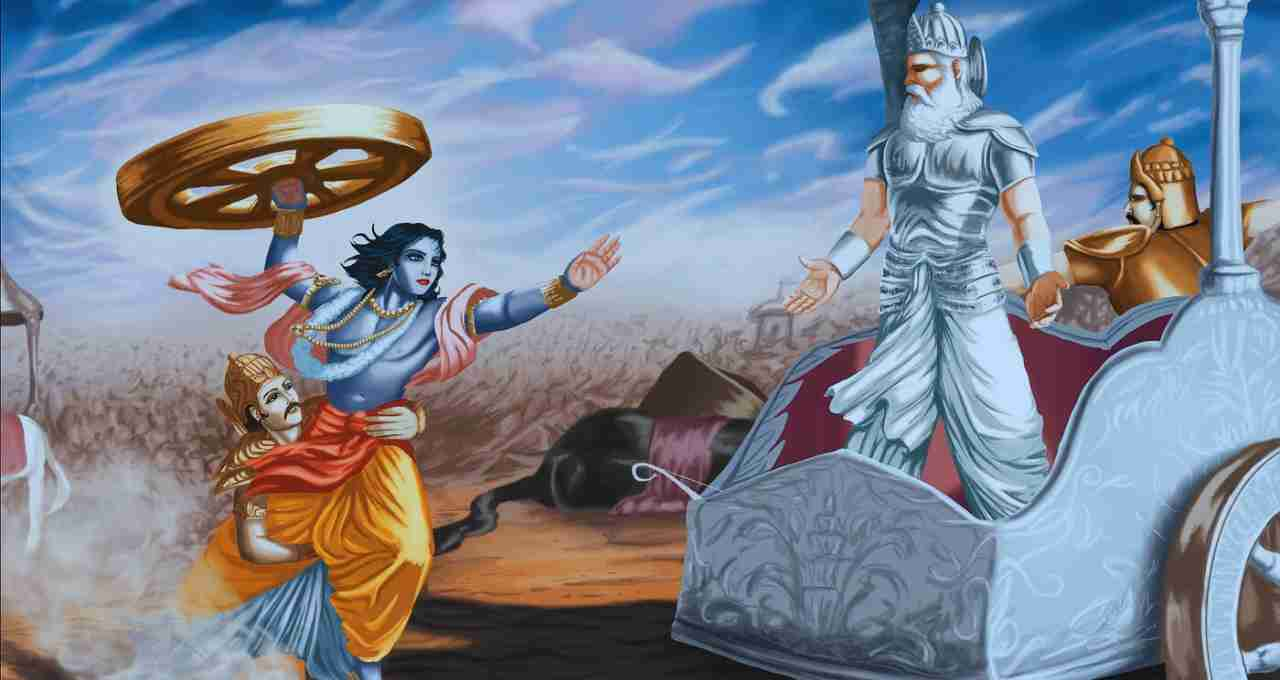
In the Mahabharata war, Lord Krishna clearly stated that he would not take up arms. But a time came when Bhishma Pitamaha became very powerful and began to overpower Arjuna. Seeing this, Krishna became angry and jumped from the chariot. He picked up the fallen chariot wheel and started moving towards Bhishma. Seeing this, Arjuna became nervous and immediately held Krishna's feet. He reminded him of his vow not to take up arms.
This scene was very emotional. Krishna accepted Arjuna's plea and dropped the chariot wheel. This incident shows that even for God, vows and dharma are paramount. He himself follows his vows and teaches us the same – no matter what the circumstances, if you have made a promise, you should keep it.
The Essence of Life: When the War is Yours, You Must Fight It Too
The Mahabharata war was not just between the Pandavas and the Kauravas; it is also a symbol of the ongoing struggle between good and evil within every human being. In this war, Lord Krishna did drive Arjuna's chariot, but he never took up arms. He taught Arjuna that every individual has to face the battles of his life himself. God is with you, but he only guides; we have to fight the battle ourselves.
Krishna told Arjuna – 'This war is yours. I am only a guide, a charioteer, but you must fight the war yourself.' This sentence was not only for Arjuna but a profound message for all of humanity. As long as we do not run away from our actions and responsibilities, God is with us. But if we retreat from the battle out of fear or delusion, even God cannot help us.
Many times in life, we feel that the path is difficult, the challenges are great, and there is no support. At such times, we must remember that one who walks on the path of truth and dharma is never alone. If we move forward with devotion and courage, God himself will become our charioteer, just as he drove Arjuna's chariot. This self-confidence, this faith, and this diligence are the greatest lessons of life.
Why is the Mahabharata Still Relevant Today?
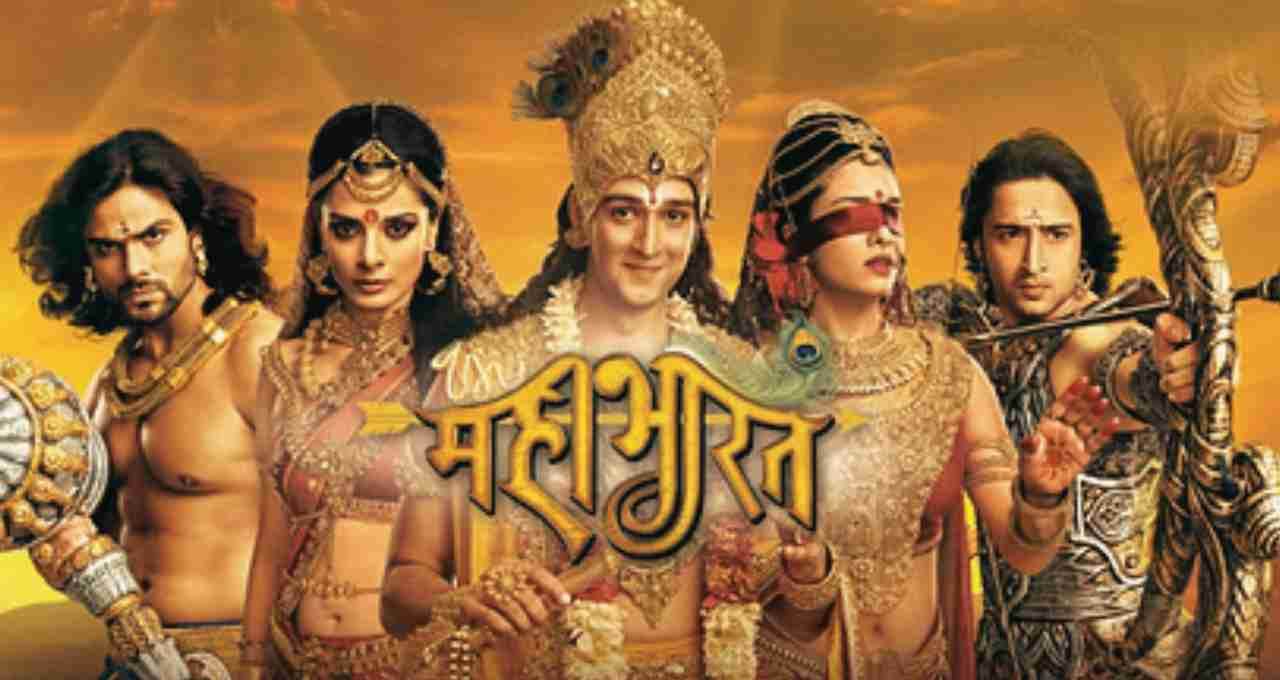
The Mahabharata is not just an old story or historical text; it is a mirror in which today's society is also clearly visible. The characters – like Arjuna, Draupadi, Karna, Bhishma, and Krishna – are all like the people around us. They also had emotions, struggles, attachments, and entanglements of dharma and adharma (unrighteousness). Arjuna's fear before the war, Krishna's guidance – all this inspires us to make the right decisions in today's life.
The Bhagavad Gita, which is part of the Mahabharata, still shows millions of people the way to live. It says – 'Perform your actions, do not worry about the results.' This teaches us to keep doing our work honestly; its fruits will be obtained in due time. Another important message is – 'Stand against adharma, fight for truth.' This is just as important today, when situations like injustice and corruption arise.
What Krishna said in the Gita is that God is always with dharma. When we stand for truth, goodness, and justice, God is with us. Therefore, the Mahabharata is not just history but a profound lesson in living life, which is still as accurate and necessary today.
